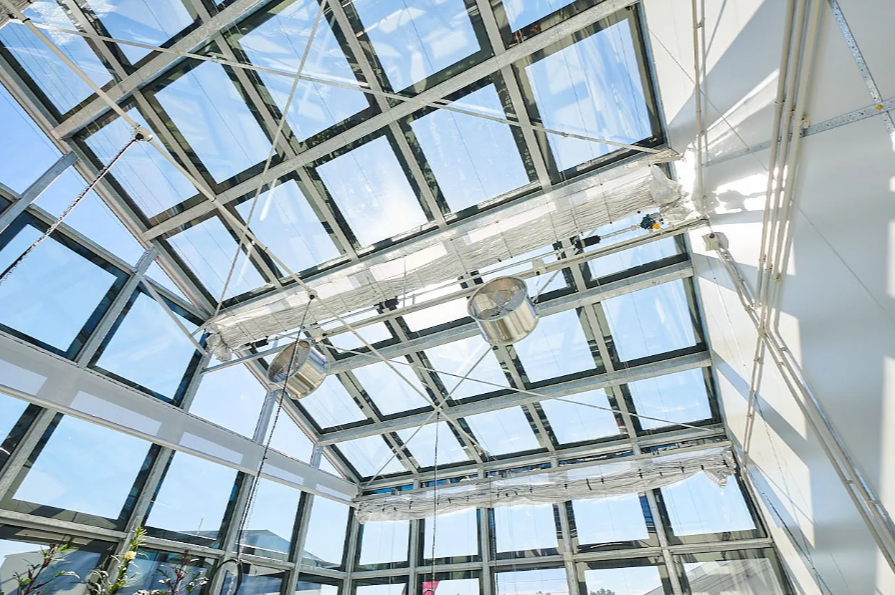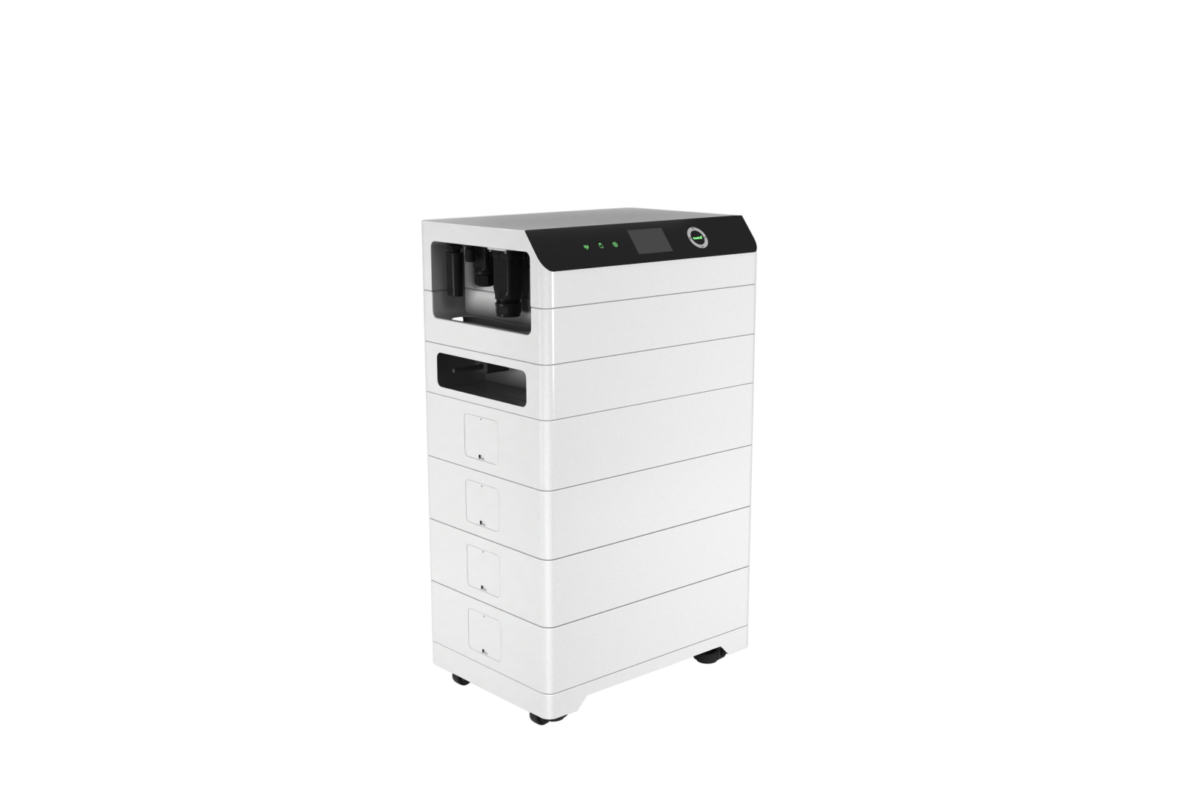From pv magazine USA
System USA, a greenhouse operator, said this week that it has recruited ClearVue to install clear solar glass on a greenhouse in California. The solar glass will provide approximately 82 kW of electricity, with an estimated 107,000 kWh per year. The project is expected reduce annual operating costs.
ClearVue developed its single-pane laminate glazing in partnership with D2Solar.
The company uses nano- and micro-particle technology to internally diffuse, redistribute and reflect elements of incoming light towards the edges of its clear glass panel, where it is collected by monocrystalline silicon PV modules. The modules are placed into a circuit, which is designed to collect energy rays from multiple directions.
The California project build on previous solar greenhouse projects, including the Murdoch University R&D Greenhouse in Perth, Australia, operational since 2021. It also installed solar glass at the Sendai Ignis resort in Japan via its licensee Tomita Technologies.
At the test installation in Perth, daily average energy production is near 1.6 kWh generated by about 25 square meters of solar windows. The installation produced about 500 kWh over the course of a year of operations from 2019 to 2020. The company said a 1000 square meter installation could produce about 70 kWh per day.

“Greenhouses have been an integral part of our strategy from day one as we understood the growing global need for renewable energy solutions for sustainable agriculture,” said Martin Deil, chief executive officer of ClearVue Technologies.
ClearVue PV technology uses an activated interlayer, sandwiched between two or three glass panes, some of which feature specialized thin-films and low-emissivity coating, enabling PV production without compromising natural daylight for crops below and maintaining a high color rendering index (CRI) of up to 99%. The technology can yield up to 32.5% energy cost savings compared to traditional single-glazing greenhouse panels.
“ClearVue glass also has the potential to add efficiency to automobiles, public transport, agriculture and mobile electronic devices,” said the company.

This content is protected by copyright and may not be reused. If you want to cooperate with us and would like to reuse some of our content, please contact: editors@pv-magazine.com.




2 comments
By submitting this form you agree to pv magazine using your data for the purposes of publishing your comment.
Your personal data will only be disclosed or otherwise transmitted to third parties for the purposes of spam filtering or if this is necessary for technical maintenance of the website. Any other transfer to third parties will not take place unless this is justified on the basis of applicable data protection regulations or if pv magazine is legally obliged to do so.
You may revoke this consent at any time with effect for the future, in which case your personal data will be deleted immediately. Otherwise, your data will be deleted if pv magazine has processed your request or the purpose of data storage is fulfilled.
Further information on data privacy can be found in our Data Protection Policy.